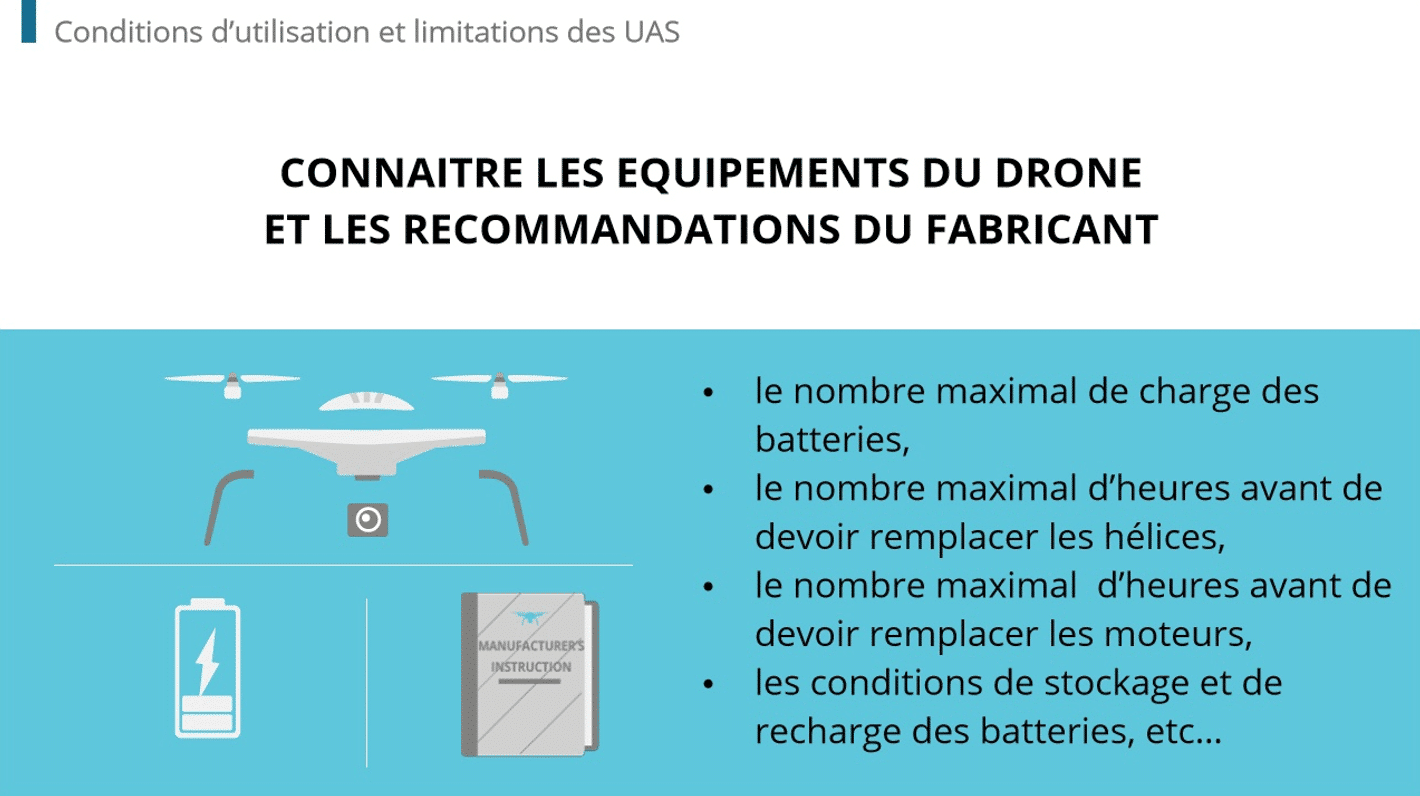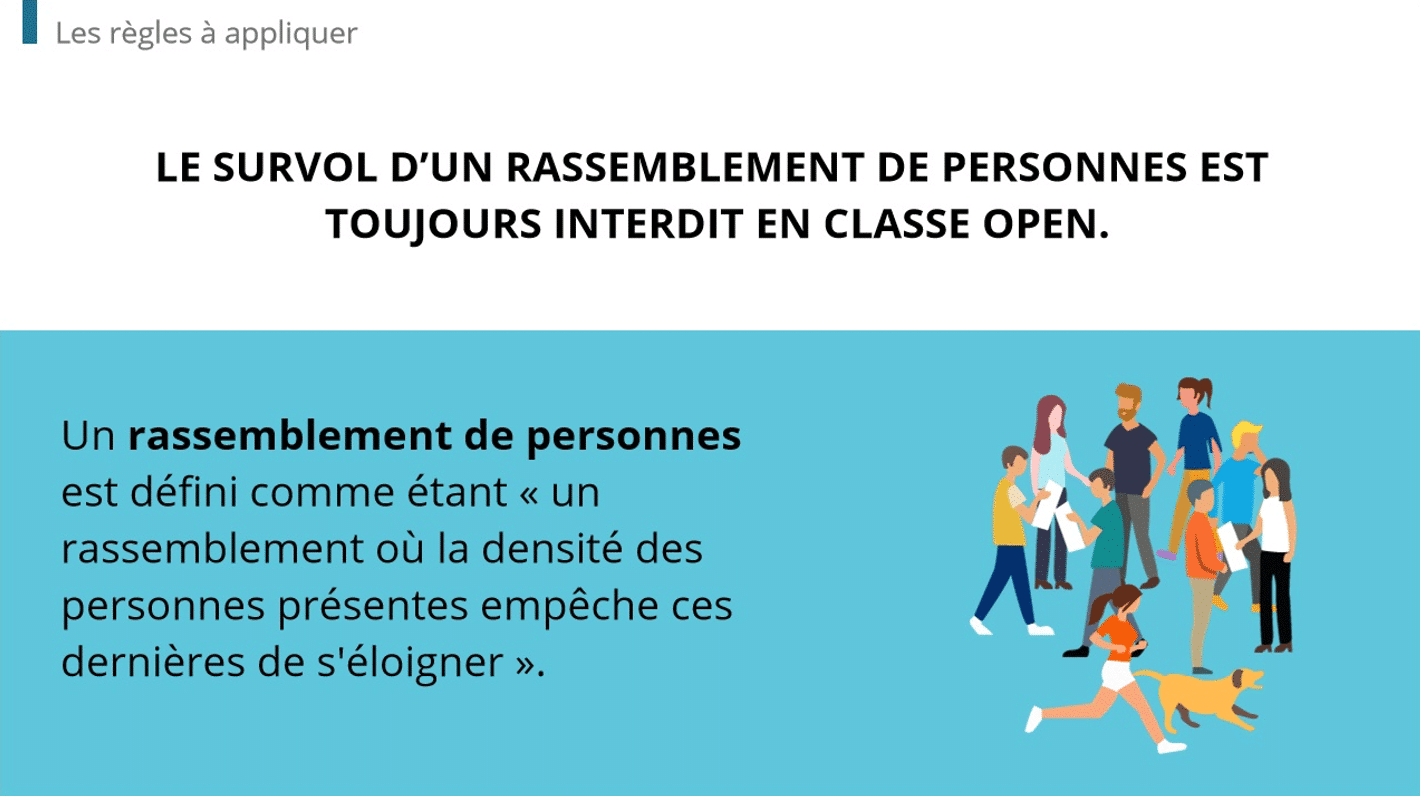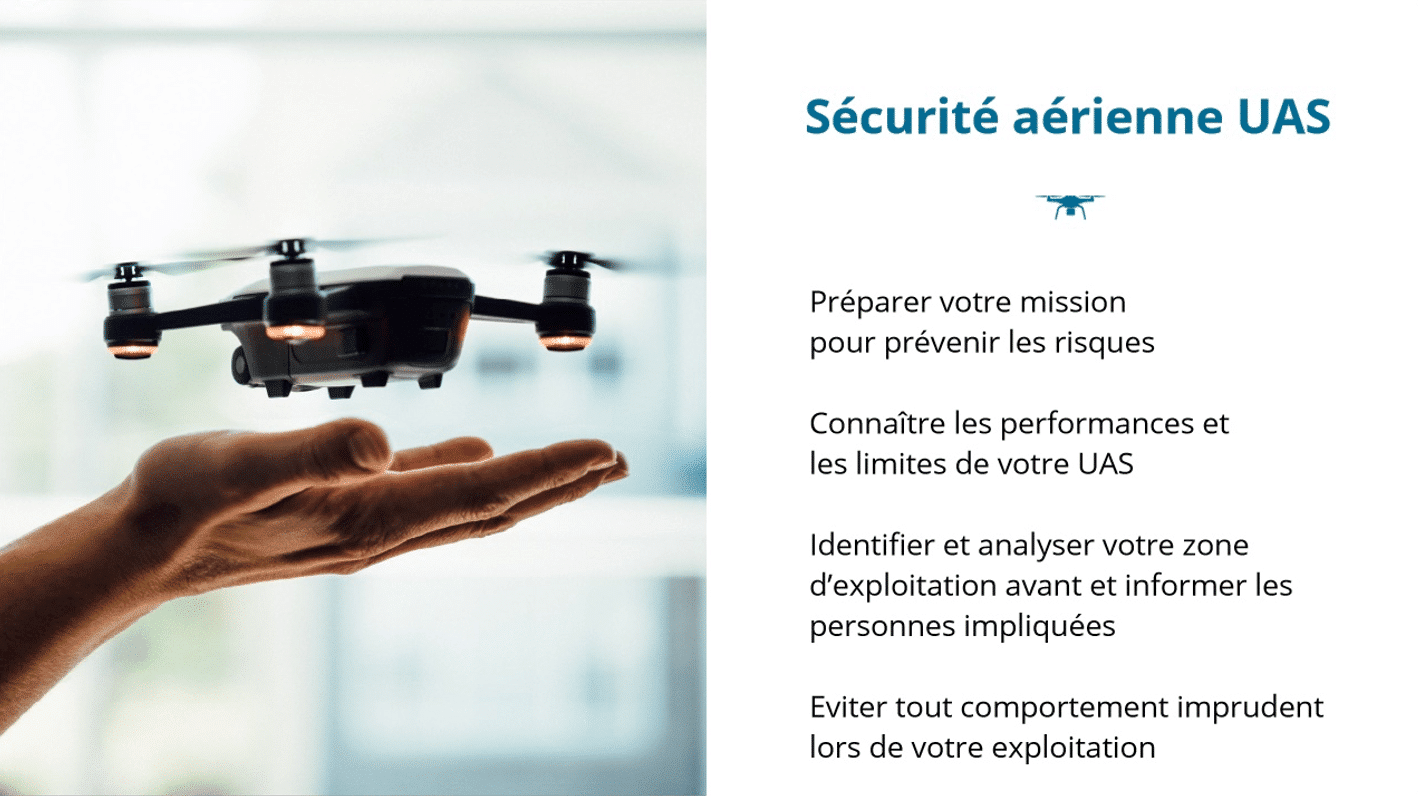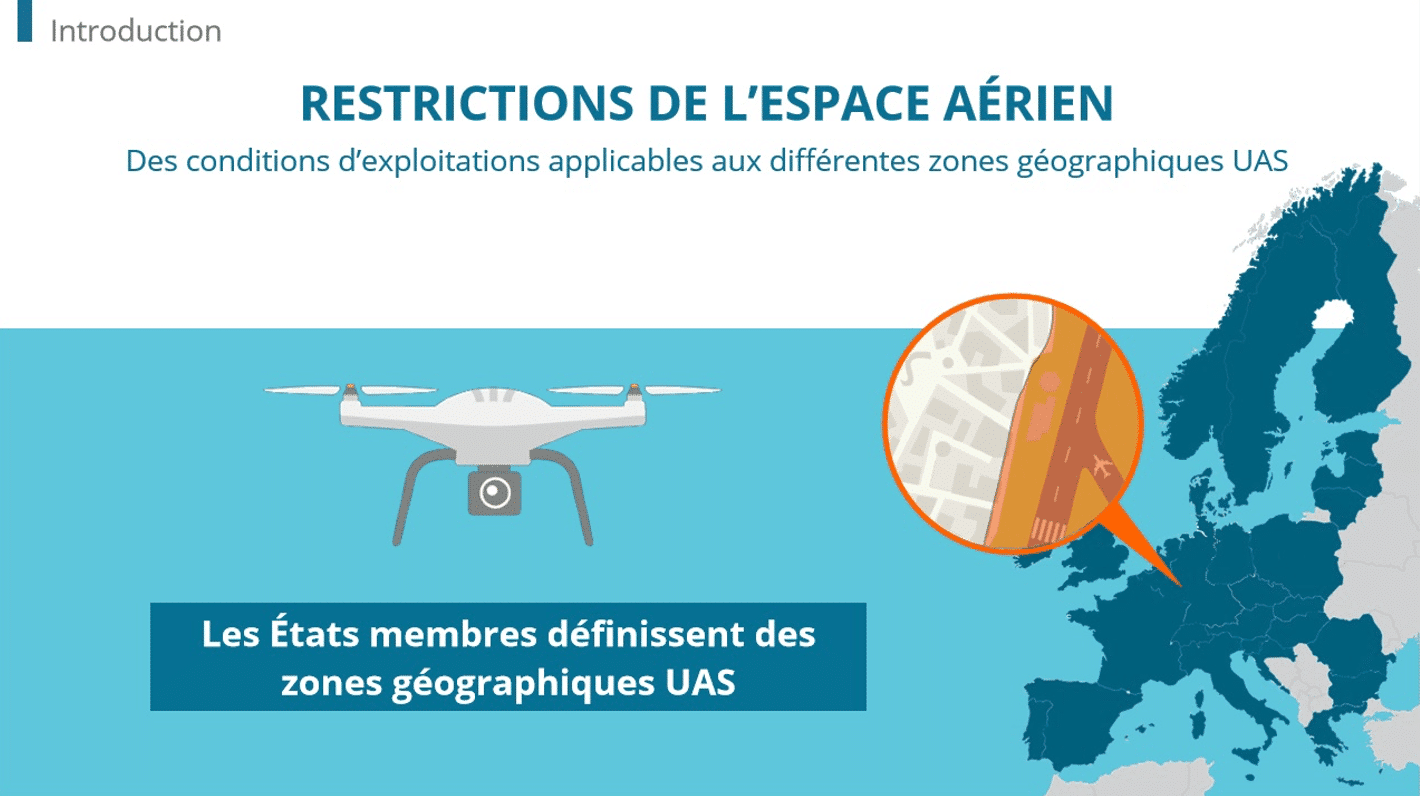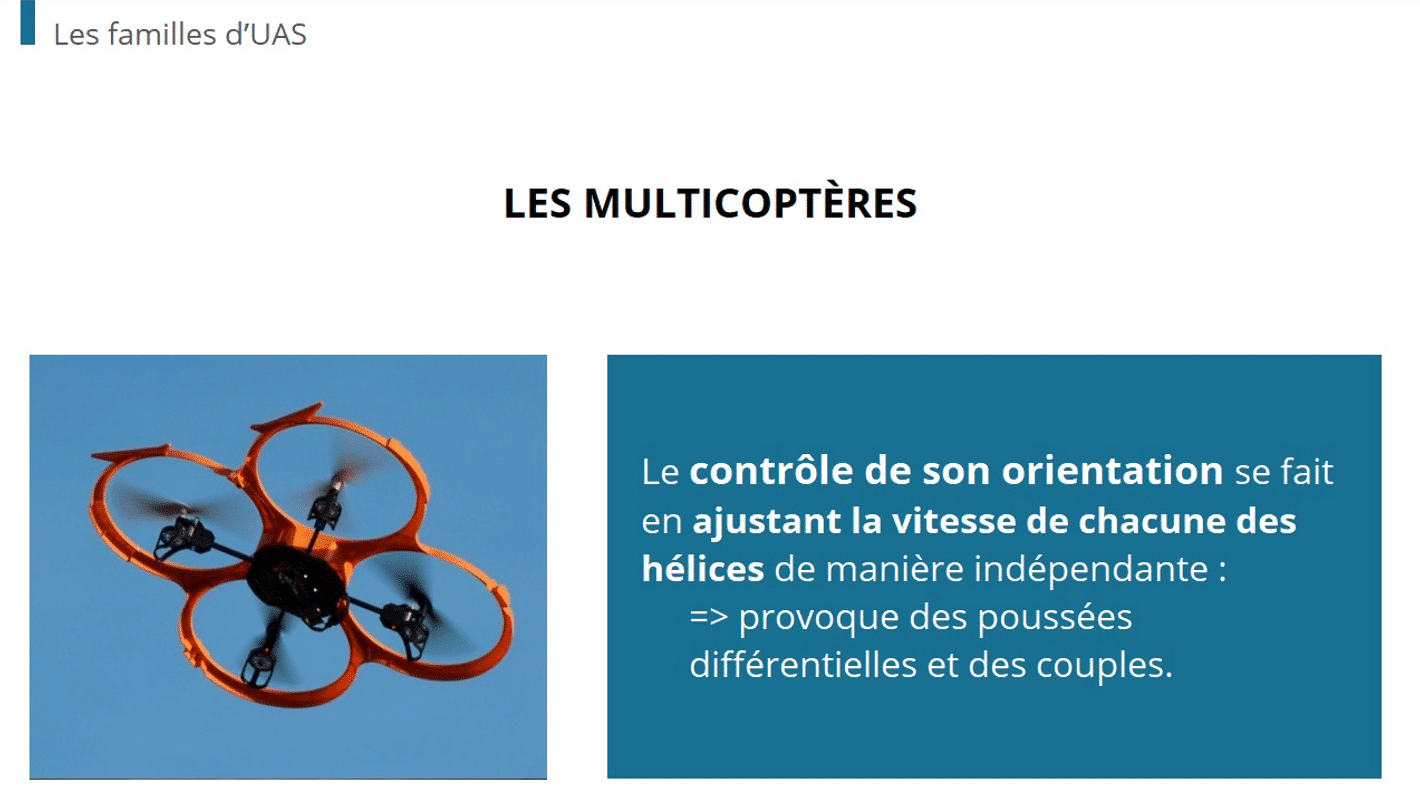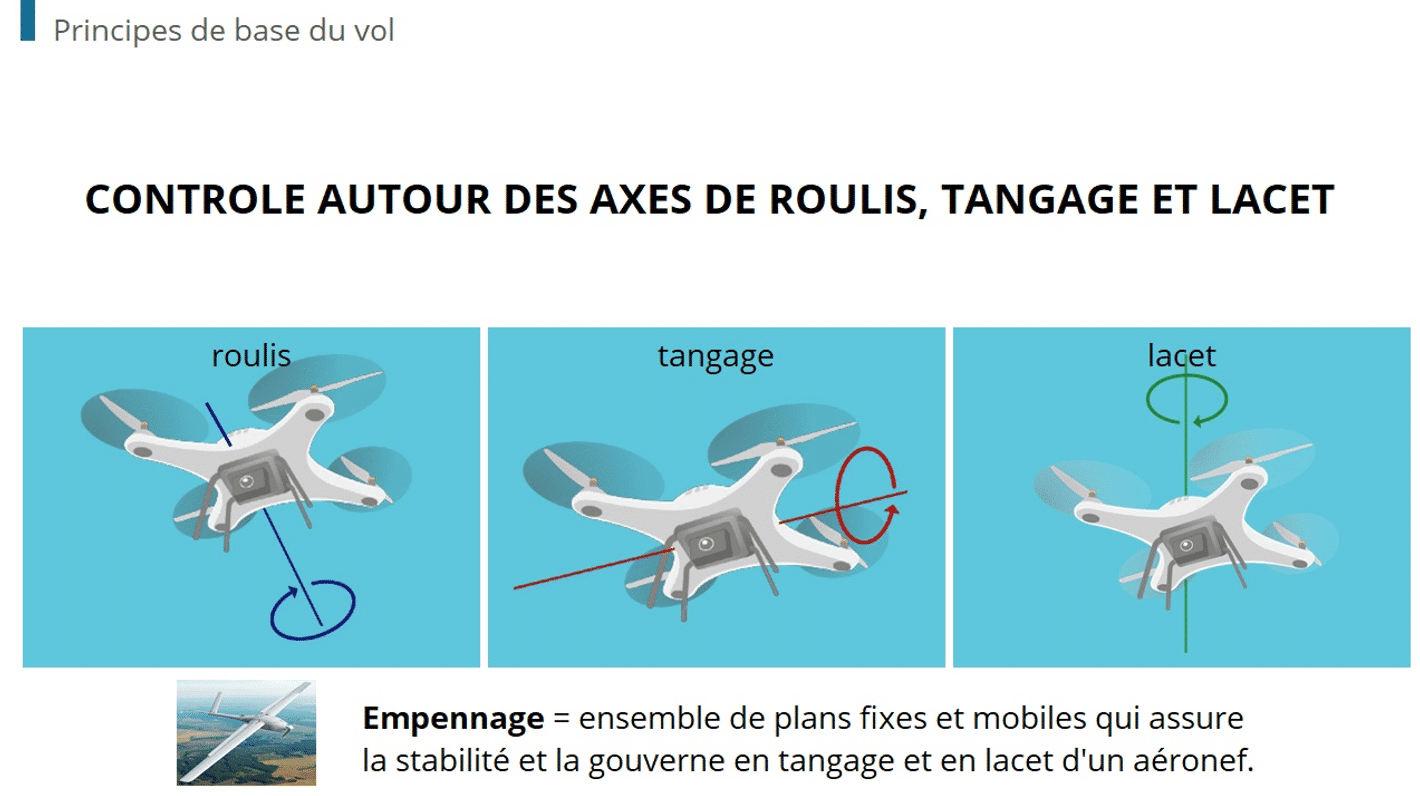With the emergence of technology and AI in particular, manufacturing processes are evolving at an unprecedented pace. With this comes new practices on the warehouse and assembly lines. The key is to develop innovative training approaches in a way that’s convenient, flexible, and time-efficient. The solution for fostering employee skills in this manner lies in e-learning. Find out how this can be a platform for continued employee education and growth.
Compliance awareness
Manufacturing is a regulation-heavy industry due to the inherent safety risks associated with working in an assembly or factory. In the age of Internet-of-things, there’s also now a cyber-safety component. In response, governing bodies like the Occupational Safety and Health Administration (OSHA) and the International Organization for Standardization (ISO) have established guidelines that are subject to audits.
Make compliance training invigorating to learn. In lieu of plain text copied verbatim from the official regulatory sites, incorporate diverse media, such as:
- Text rewritten in a more informal and easier-to-understand format
- A recap section at the end of each lesson summarizing the main points in a bullet-point format
- Supplementary videos
- Flashcards for memorizing industry terminology
- Charts and infographics when highlighting statistics and figures
Remote role-play scenarios to develop your employees skills
Create immersive learning experiences by having learners act out scenarios that may come up in the workplace. Ideally, mock sessions should be done in the actual workplace with available props and realia. However, some forms can be done remotely via webinar sessions. There are interactive ways to carry out role-play sessions.
For instance, learners can verbally explain the correct course of action when the moderator presents a case-specific scenario. The moderator can come up with follow-up scenarios based on the learner’s response. This can precede live field demonstrations done at a later pre-arranged date.
Learn technical skills through gamification
Technical education specific to manufacturing isn’t the most exciting subject. Employees need motivation to learn unengaging topics like standard operating procedures, assembly line safety practices, and machine operation guidelines. Make the courses more palpable via gamification.
Here’s how you can use gamification to make remote learning at least moderately entertaining:
- Reward learners with digital badges and trophies
- Showcase leaderboards to display the top performers
- Give top performers a tangible reward at the end of the course, such as a gift card or vouchers for in-company products
Mobile learning
In this day and age, people and their mobile phones are attached at the hip. Create a course compatible with mobile devices. Here are the key considerations when devising a mobile-friendly learning experience:
- Use images sparingly, only when it’s relevant to the course
- Adopt a less-is-more approach
- Use standard and easy-to-read fonts like Open Sans and Droid Sans
- Create modules with auto-save and/or bookmark features, so learners can pick up right where they left off
Finally, optimize for short bursts of learning. Keep modules brief with segments that can be completed in the span of a lunch break or even in a 30-second elevator ride.
Special invitation courses
Courses can be made for select candidates who qualify for special training. This is crucial considering the growing skills gap in the industry. There are expected to be an estimated 2.1 million manufacturing jobs that will go unfulfilled by 2030. This is largely attributed to emerging technology, automation, and AI. The jobs are there but require more technical skills. For employees with qualifying backgrounds, extend a personal invite to take a course exclusive to eligible members. The e-training can be supplementary to hands-on training to qualify them for positions that are undergoing staff shortages.
Peer-to-peer learning
With AI and machine learning, there are a lot of technical skills in the modern manufacturing workforce. Moderators and the course content are the main sources of information. However, fellow learners can also learn from one another. E-learning features include forums and hub centers where students can freely interact and discuss content-related topics. HR should encourage peer-to-peer learning; it’s helpful for several reasons:
- Learners may be more comfortable asking questions to a fellow student than to the moderator or higher-up
- Some learners may possess additional knowledge from past education and work experiences that they can share
- Learners can form their own remote study sessions
- Peer-to-peer learning fosters teamwork, which can carry over to the work floor and build team cohesion
Cultivate employee skills with Dokeos personalized solutions
Motivated learning calls for innovative training approaches. Entrust Dokeos learning management system (LMS) for your compliance and safety training requirements. Our comprehensive system provides an intuitive course builder complete with ready-to-use templates. With our electronic signature and e-verification system, get your staff certified and accredited without the hassles of traditional classroom training. Dokeos LMS leverages innovative approaches to develop employees skills in the manufacturing sector. By integrating immersive simulations and real-time analytics, it enhances skill acquisition and operational efficiency. Its customizable training modules ensure compliance and safety standards are met. Experience a revolution in workforce development with Dokeos.
Since 2004, Dokeos has served the lean manufacturing industry and getting employees in the field trained on the latest government-mandated compliance. Sign up for a free trial and find out how we can do the same for your team.








